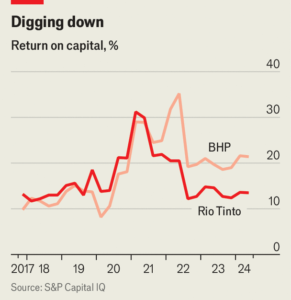
The amount of tax paid by pensioners is expected to rise by £16 million next year due to a freeze on the threshold at which people are hit with a tax demand. People can currently earn £12,570 before paying tax, and this is due to be the case through to 2028.
This rate of tax-free allowance has seen an increasing number of retired people now required to fill in a tax return for the first time. Every year more pensioners find they are above the tax-free threshold due to increases in the State Pension combined with income from other sources.
Under the triple lock pledge, the State Pension goes up every year by the highest of either wage growth, September inflation or 2.5 percent. The net effect of this is that pensions will rise by 4.1 percent in April, which is way ahead of a 1.7 percent increase for those on benefits, such as Universal Credit.
The new State Pension is due to rise by around £470 to just under £12,000 a year from April next year which means people can soon tip into being required to pay tax even if they receive just a small separate private pension. A new estimate by pension consultants LCP predicts that around 350,000 pensioners will pay income tax for the first time as their annual earnings breach the £12,570 personal allowance with the collective tax bill put at £16 million.
Former pensions minister Sir Steve Web, now of LCP, said: “Thousands of pensioners currently have incomes just below the tax-free threshold, so even small additional increases can bring more of them into the tax net.
“This does not necessarily mean that they will have to fill in a tax return but it does mean that HMRC will try to collect tax either by deduction from any private pension income or through an end-of-year tax demand.”
Dean Butler, of pensions company Standard Life, told the Telegraph: “The personal allowance, which is the amount of income you can receive before paying tax, has been frozen at £12,570 since 2021-2022 and currently remains fixed for quite a few years to come.
“This means that the full new state pension payment has grown from 70 percent of the allowance in 2019-20 to a likely 95 percent next year, leaving pensioners with only £594.40 of headroom before they begin paying income tax.”
Separately, millions of people in the workforce are paying more tax as their earnings rise while tax bands across the income spectrum remain frozen through to 2028.
Consequently, while there have been no increases in the headline rate of income tax, the freeze on tax thresholds is currently estimated to raise over £30bn for the Treasury in 2028, according to official figures.


















